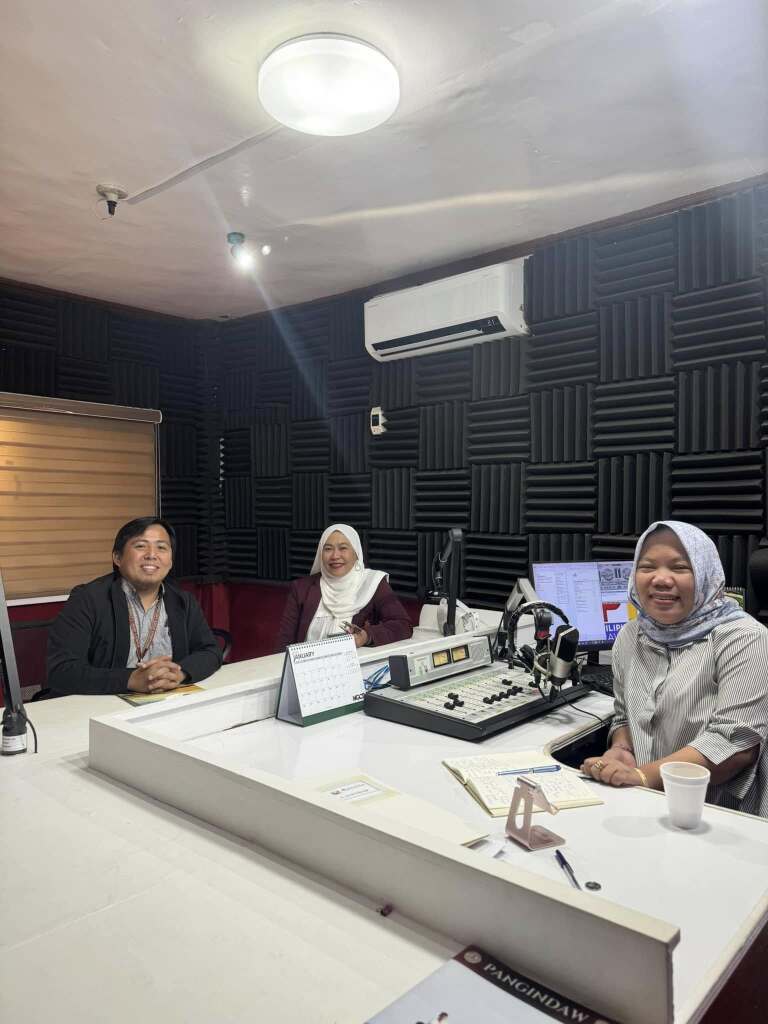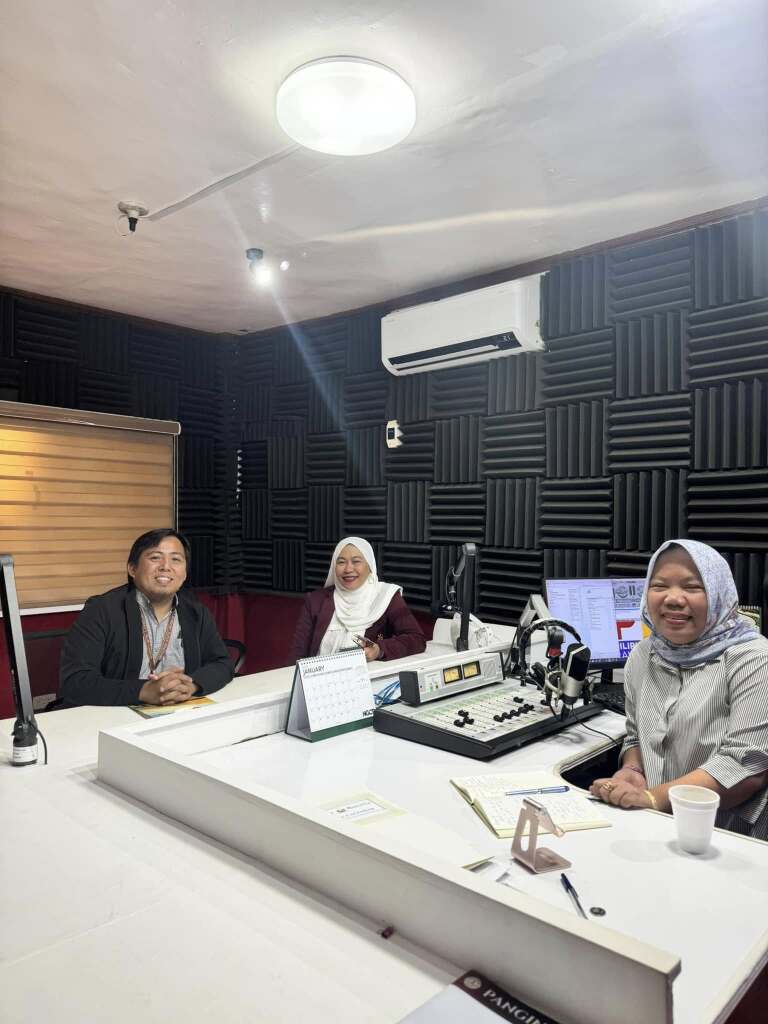A recent Shuara program at Mindanao State University (MSU), in partnership with Radyo Pilipinas Marawi, delved into the crucial role of the National Service Training Program (NSTP) and its component, the Civil Welfare Training Service (CWTS), in fostering peace and development within the university and the wider community. The program featured a discussion with Director Abdulraaid Lucman, moderated by Dr. Aliah P. Cali-Pascan, JD, Peace Action Officer, IPDM, and Dr. Khayronesah Abbas, Peace Associate Officer providing valuable insights into the program’s objectives, impact, and potential for future development.
The discussion revolved around several key themes, exploring the multifaceted nature of the NSTP and its contribution to nation-building. The program began by establishing a foundational understanding of the NSTP, its objectives, and its connection to broader societal goals. Director Lucman highlighted the program’s role in instilling civic responsibility and patriotism in students, equipping them with the skills and knowledge necessary to contribute meaningfully to their communities.
The conversation then explored the specific ways in which the NSTP, particularly the CWTS component, promotes peace and understanding. Participants discussed how the program encourages students to engage with social issues, such as poverty, environmental degradation, and human rights violations, through practical activities and community involvement. The program emphasized the importance of applying lessons learned in the NSTP to address conflicts and promote peace in daily life, fostering a culture of peacebuilding among students.
Dr. Cali-Pascan guided the discussion through critical reflections on the challenges of implementing peace and civic education through the NSTP, prompting Director Lucman to address potential improvements and strategies for maximizing the program’s effectiveness. The conversation also touched upon the ethical considerations involved in NSTP activities, particularly concerning human rights and inclusivity. The program acknowledged the potential risks and ethical concerns associated with military training within the context of peace education, particularly within the ROTC component, and emphasized the importance of ensuring that all NSTP activities are conducted ethically and respectfully.
The Shuara program also explored the students’ future roles in promoting peace and social justice in the Philippines after graduation. Director Lucman encouraged students to see themselves as agents of change, equipped with the knowledge and skills gained through the NSTP to make a positive impact on their communities and the nation as a whole. The discussion underscored the NSTP’s potential to empower students to become active and engaged citizens, committed to building a more peaceful and just society.
The Shuara program provided a valuable platform for discussing the vital role of the NSTP and CWTS in promoting peace and development at MSU. By engaging with key stakeholders and exploring critical issues, the program contributed to a deeper understanding of the program’s impact and its potential for future growth. The insights shared during the program will undoubtedly contribute to ongoing efforts to strengthen the NSTP and empower students to become effective peacebuilders and agents of positive change in the Philippines.



